How Long Car Battery Last
How Long a Car Battery will last and how to test a car battery: While there are a lot of opinions on this, as a rule of thumb you should be able to get up to 4 years out of your car battery. Depending on weather and quality of battery (read: price) operating life can be longer, up to 6 years.
Operating Condition of Car Batteries
Operating Conditions
One of determining factors for your battery lifespan is operating condition. Batteries in places with extreme cold (Ontario for example) or hot weather will generally yield a shorter life. Since batteries rely on chemical reactions, extreme weather will accelerate or slow chemical reactions leading to shorter battery life.
Cold Weather
Cold weather will generally slow chemical reactions in a car lead/acid battery. This will lead to batteries being more sluggish in winter time, especially in cold mornings. More on How to Maintain Car Battery. Consider using a battery heat blanket if you leave in extreme cold place. Battery heat blanket will warm up your battery and prevent it from discharging overnight.
Hot Weather
Hot weather on the other hand will accelerate chemical reactions leading to corrosion of elements and shorting battery internal cells. Engine heat is also another problem. Manufactures usually install a battery shield around battery to minimize damage from engine heat.
Car Battery Maintenance
Battery Maintenance
Modern batteries are maintenance free and require no attention. Apart from cleaning battery terminals and greasing them once in a while, there is nothing else to do. Driving your car regularly is considered battery maintenance as alternator will keep battery charged at all times.
In case you don’t drive much then you might consider a trickle charger. A trickle charger is easily connected to a battery and will keep your battery charged when you are not driving for longer periods of time. Checking battery condition is easy, details here on: How To Test Battery in Your Car.
Battery corrosion
Corrosion of terminals do not always imply a bad battery. However, corrosion will prevent terminals from making full contact and cause electrical problems. Clean terminals (use water with baking soda and a brush) and test battery before buying a new one.
Corrosion can also be caused by acid leak; in this case you need a new battery. Corrosion is caused by acid vapor escaping from battery case. Make sure to wear gloves and glasses when cleaning battery corrosion, battery acid is very corrosive and poisonous if inhaled.
Battery Location
Trunk Location: Battery location is important when it come to battery longevity. Batteries located on vehicle trunk are shielded from weather and engine heat. Image below shows a BMW 3 series E90 battery located on vehicle trunk.
However, longevity of battery was not on manufacturer mid when they decided to locate battery in vehicle trunk. Battery moved to vehicle rear in trunk because of weight distribution and to improve handling.
Since most of vehicle weight is up front (engine, transmission. etc) anything that can be moved to the rear helps reaching a 50/50 or at least 60/40 weight distribution.
Engine Bay Location: Batteries located under hood in engine bay will not only be subjected to weather but most importantly to engine heat which will negatively affect battery lifespan.
Engine heat is a killer for batteries. Heat will evaporate battery liquid (distilled water and sulfuric acid) and accelerate battery chemical process. Usually, manufacturers use some kind of protection or shield on batteries located under hood. Battery shield is usually plastic and covers sides of battery case to reduce damage from engine heat.
Symptoms of a Bad Car Battery
Sluggish Starter Operation
Starter struggling to start your car is a sure sign of battery failure. Slow or sluggish starter motor when you start the car is more prevalent when car has been sitting for a while (or mornings). Starter will be slow and engine will be hard to start or will fail to start altogether.
Electrical Problems Caused by Weak Battery
Electrical problems and/or dimmer/flickering lights. Flickering lights happens when battery does not have enough power to maintain operation electrical accessories in your car. Replace battery if you see your headlight or dashboard lights flicker or become dimmer than usual.
Clicking sound you hear when you are trying to start you car comes from starter solenoid trying to engage. In initial starting process, starter withdraws a large amount of power from battery. If you battery is weak, starter load will pull remaining battery to a very low level dimming or flickering dashboard lights.
As voltage drops to a minimum starter solenoid will disengage and you will get dashboard lights again. Flickering or dimming light when trying to start a car is almost always related to a dead battery or a lose battery connection.
Dead Without Symptoms
Car batteries can also die without showing any previous symptoms. In this case, you will hear starter motor clicking but car won’t start. Dashboard lights might disappear or flicker when you try to start your car.
Dead without symptoms usually is caused by sudden shorting of internal battery cells. Battery has 6 cells producing 2 volts each. If one or more cells are shorted, battery will not have enough voltage to start and operate your car.
Bad Smell
Rotten eggs smell is an indicator your battery is leaking acid vapors and is on its last legs. Either battery has a shorted cells or battery case is cracked and leaking sulfuric acid vapors. Replace battery if you smell sulfuric acid, battery is dead at this point and its only a matter of time before it completely fails.
Bad Alternator vs Bad Battery
People mistakenly think there is a problem with their car battery when they get a battery trouble light on dashboard. That is not the case. Vehicle computer (ECM) monitors alternator voltage and if it senses problems with charging system will illuminate a battery charging light.
Battery trouble warning light means your battery is not being charged by alternator. Something is wrong with charging system: a bad alternator, problem with serpentine belt or battery terminals are lose.
However, you will still be able to drive with reserve battery power if your alternator fails. As soon as battery charge is finished though, your car will shut down. Depending on battery size/charge and traffic, vehicle can be driven up to 20km on battery power only.
If you get a battery light while driving, immediately turn off all electrical accessories (Heat, A/C, Radio..etc) until you reach to your mechanic or destination.
Conclusion
Car battery based on factors mentions above will last about 4 years. While a battery generally last 4 to 5 years, its a good idea to test it regularly after it passes 3 years old. Testing battery in your car will prevent battery related problems or inconveniences.
(If you are also looking for a fast and easy solution to sell your car, more here on “How To Sell Your Car Fast In Ontario” )
Comments: If you have any questions or suggestions related to this post or Used Car Toronto in general, don’t hesitate to use comment section below.


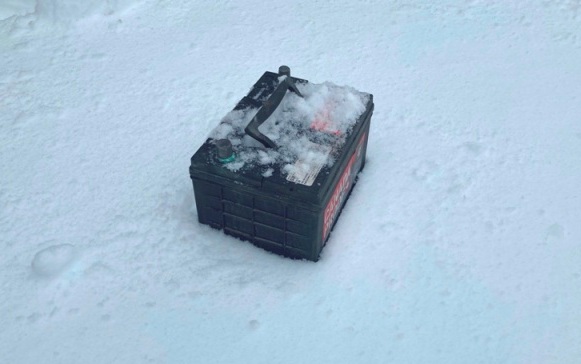
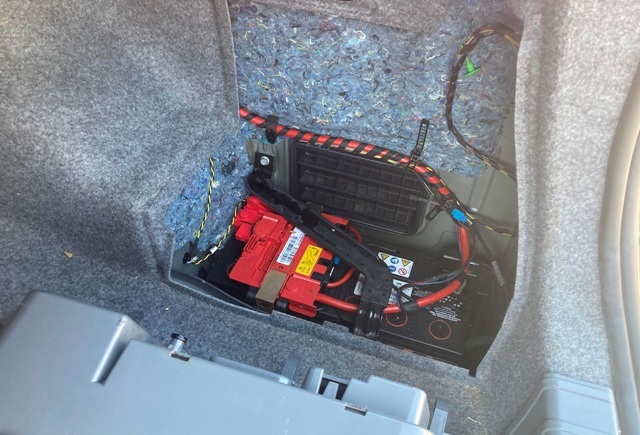
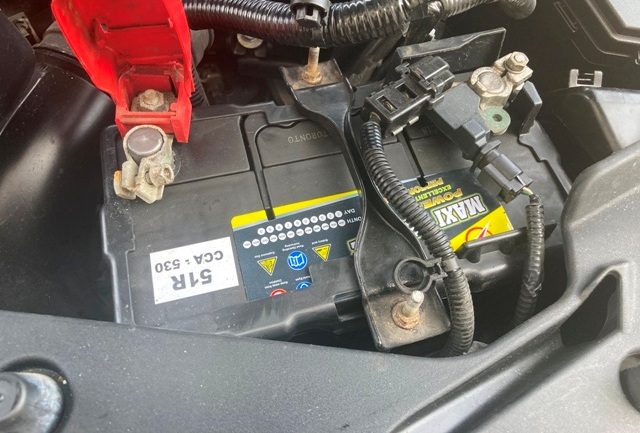
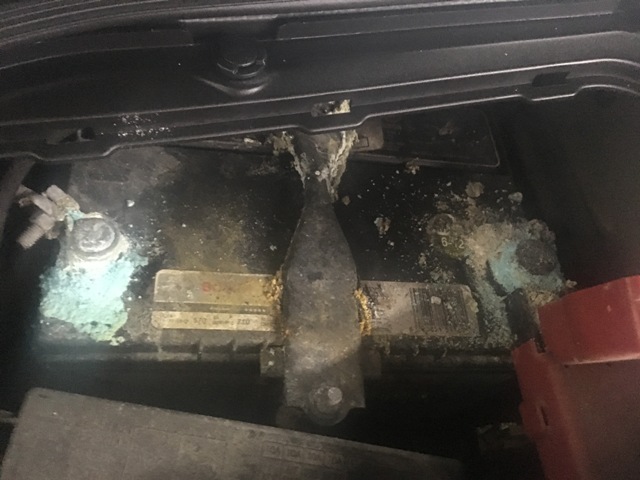
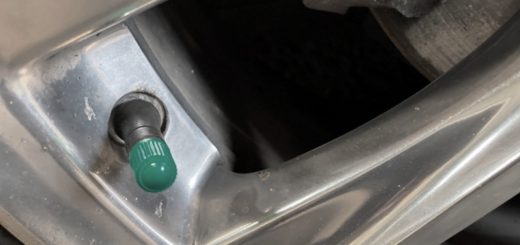
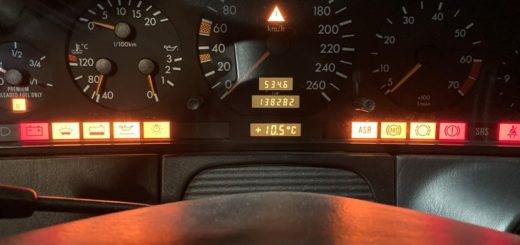
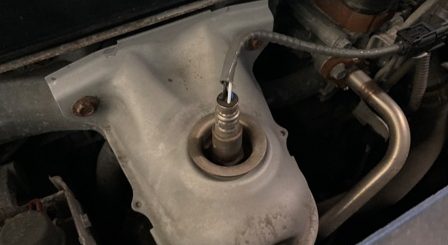

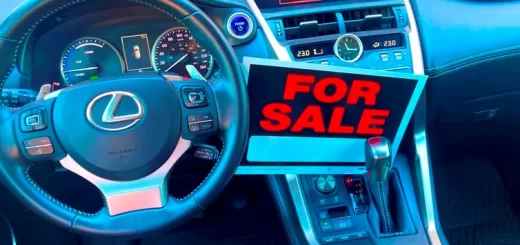
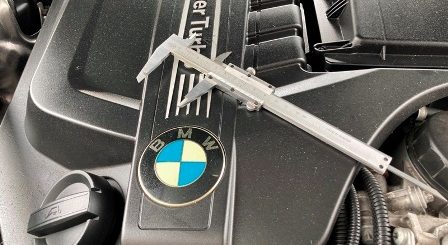
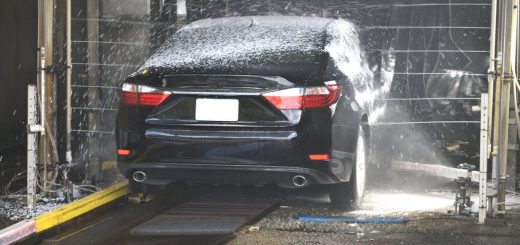
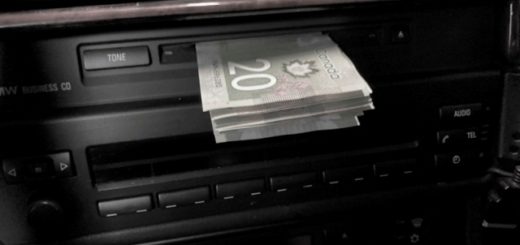
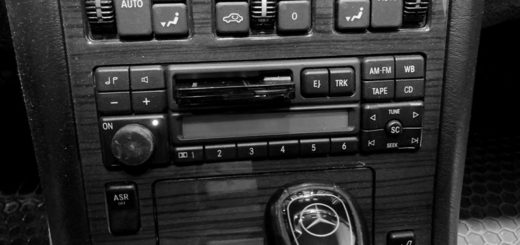
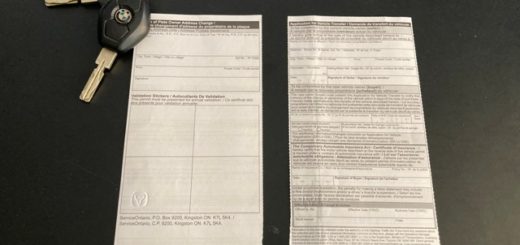
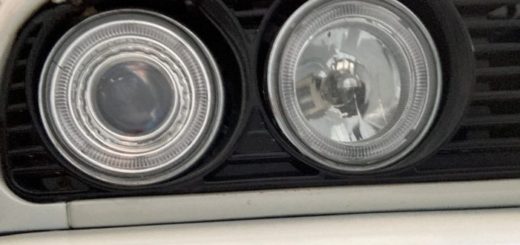
Informative enough, saved me a trip to Autozone. Thanks.